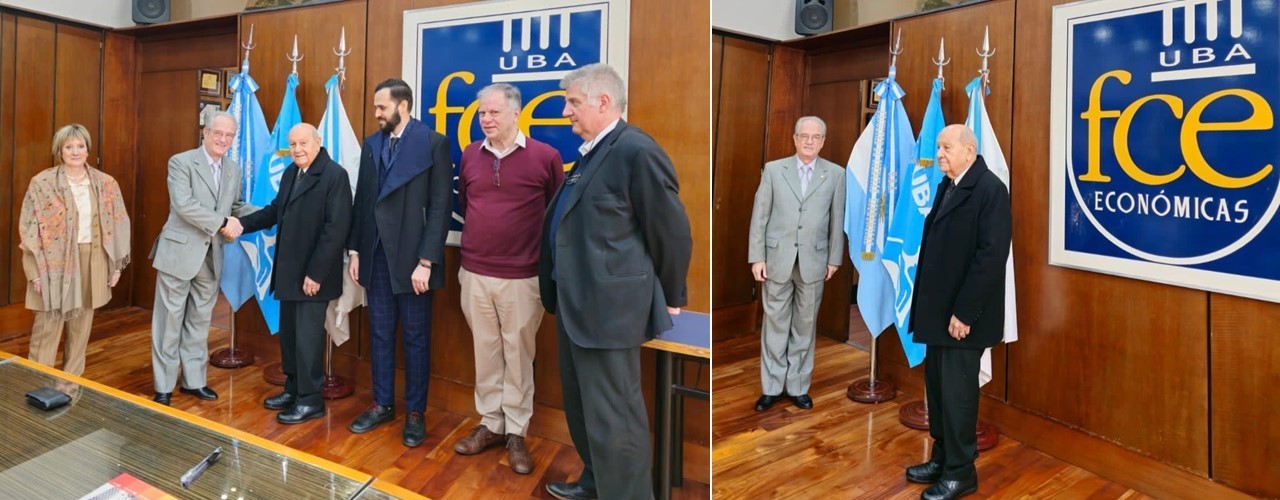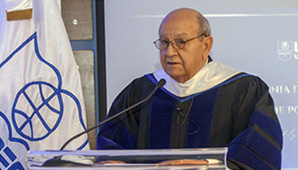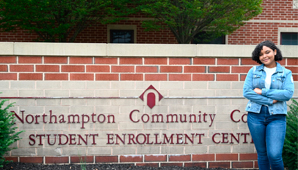Rector de la Universidad APEC realiza misión académica a la República de Argentina y firma convenios de cooperación internacional con instituciones de educación superior.

Vinculación Internacional

Becas y Oportunidades




Universidad APEC, Todos los derechos reservados. | Av. Máximo Gómez #72, Santo Domingo, República Dominicana.
Tel.: (809) 686-0021 . Fax: (809) 287-8702